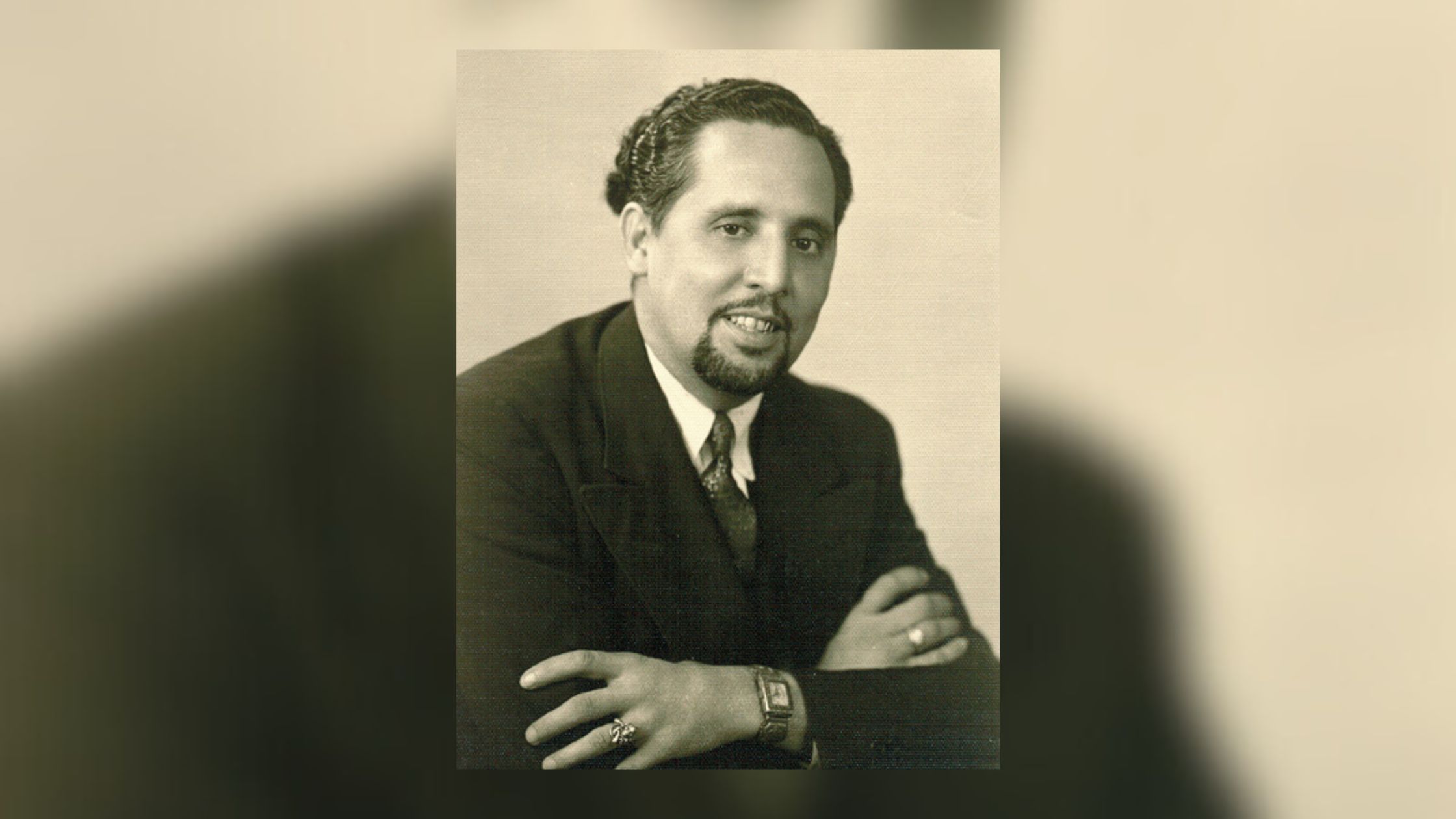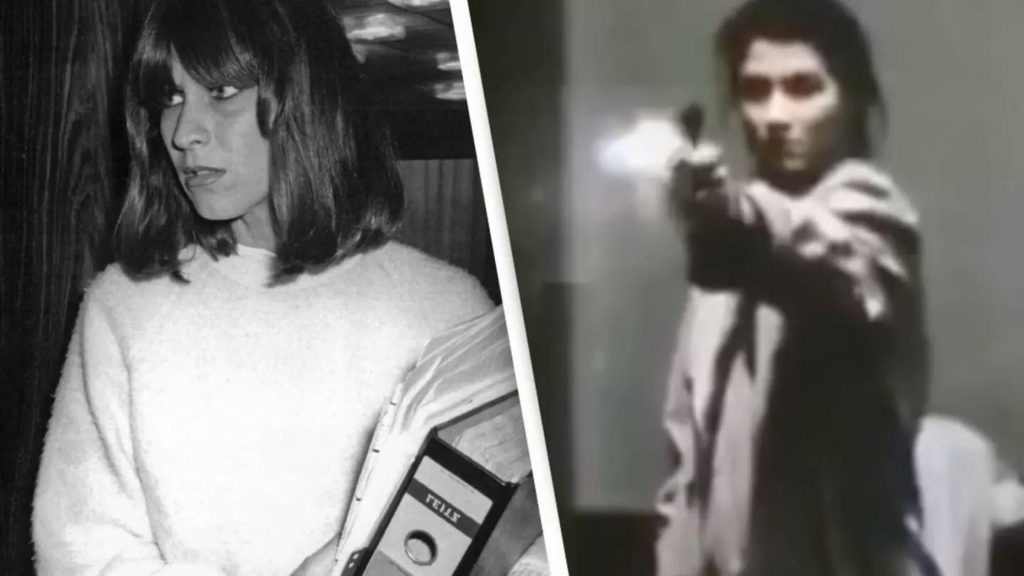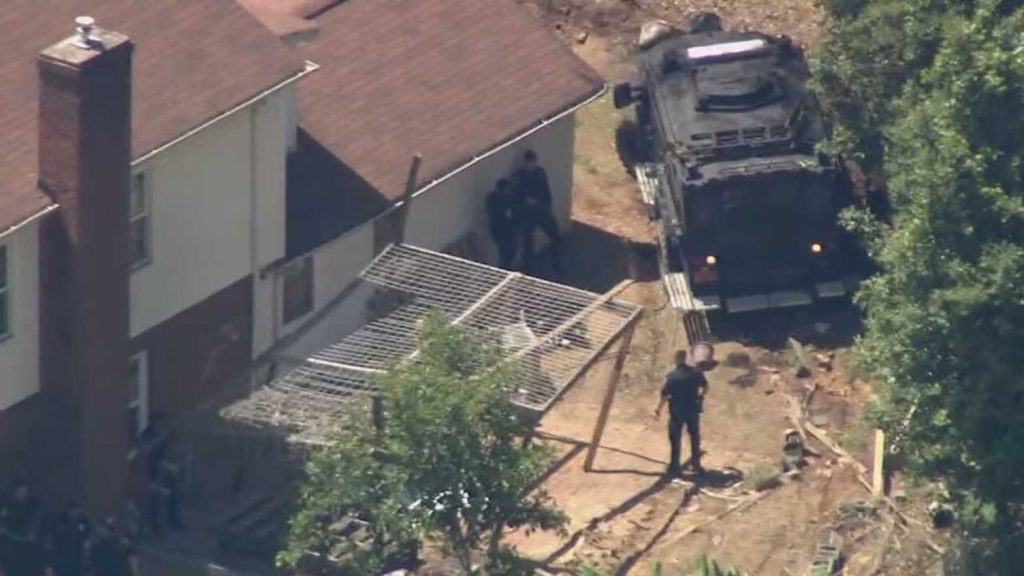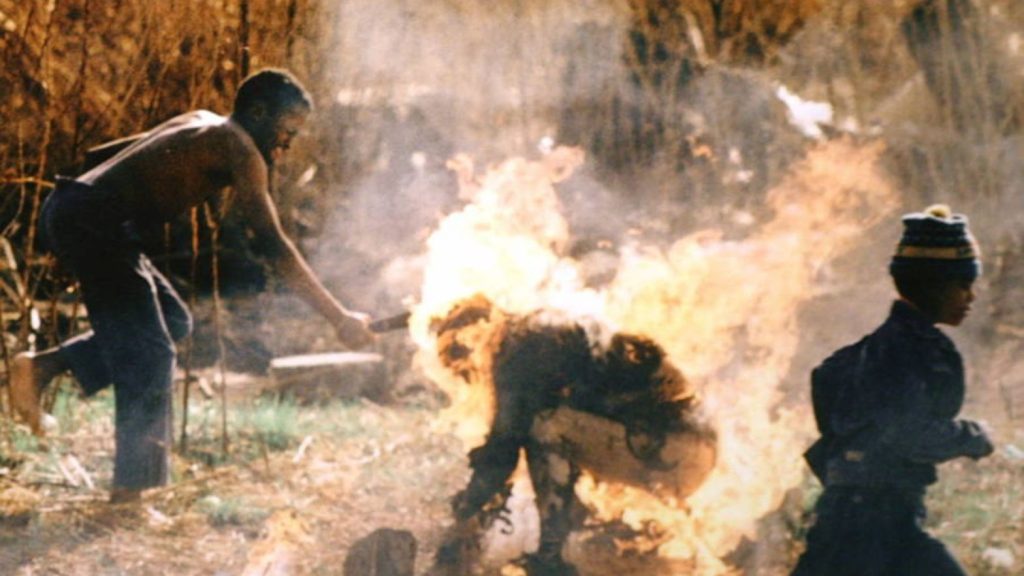
Raoul A. Cortez: The Voice of a Community, the Vision of a Pioneer
Imagine a world where your favorite music, the news you care about, and the stories that make you laugh all speak a language you understand. For many Latinos in the United States, that world wasn’t always a reality. But thanks to one visionary pioneer, Raoul A. Cortez, it became closer than ever.
Born in Veracruz, Mexico, in 1905, Cortez wasn’t just another immigrant chasing the American dream. He had a fire in his soul, a passion for his heritage, and a voice that yearned to be heard. This wasn’t a man content with silence; he craved to break down barriers and build bridges through communication.
He started small, writing for a Spanish-language newspaper in San Antonio, Texas, his adopted home. He saw the gap, the lack of voices reflecting the vibrant Latino community around him. So, he dreamt bigger, bolder. He founded a theatrical agency, showcasing the talents of Mexican and Latin American artists to American audiences. But his true calling lay in the nascent world of radio.
In the 1940s, Cortez began producing variety shows on KMAC Radio, captivating listeners with music, humor, and stories that resonated deep within the Latino heart. He saw the power of the airwaves, how they could connect, inform, and unite. This was just the beginning.
In 1946, with a roar that echoed across the airwaves, Cortez launched KCOR AM – the first full-time Spanish-language radio station in the entire United States. It wasn’t just a station; it was a revolution. KCOR became the heartbeat of the Latino community, a platform for music, news, and voices that had been silenced for too long. It was a place where families gathered around radios, laughing, dancing, and feeling a sense of belonging they hadn’t known before.
Cortez wouldn’t stop there. He built the “Sombrero” network, a constellation of Spanish-language stations stretching across the country. He pushed the boundaries again in 1955, launching KCOR-TV Channel 41, the first television station specifically for the Hispanic market. He wasn’t just giving a voice; he was building a whole media empire, a cultural landscape where Latino stories could thrive.
But Cortez was more than just a media mogul. He was a champion for his community. He fought for civil rights, working tirelessly with organizations like the League of United Latin American Citizens (LULAC) to dismantle segregation and discrimination. His voice, amplified by his media platforms, reached the halls of power, demanding equality and justice.
Throughout his life, Cortez’s achievements were recognized and celebrated. He received awards like the National Association of Broadcasters’ Media Excellence Award and, posthumously, the Hispanic Radio Award named after him. But his greatest reward was the impact he made on a community, the generations he inspired, and the voices he helped to amplify.
Today, the legacy of Raoul A. Cortez lives on. Spanish-language media flourishes, a vibrant tapestry woven from the threads he laid down. But beyond the stations and channels, his story lives on as a reminder that one person can make a difference, that a single voice can spark a revolution, and that breaking down barriers requires not just ambition, but empathy and a burning passion for justice.
Raoul A. Cortez was more than just a pioneer; he was a champion, a visionary, and a testament to the power of one voice to change the world. He gave a community a voice, a platform, and a sense of belonging. And for that, his name will forever resonate in the vibrant chorus of American history.
Remember:
- Cortez wasn’t just about media; he was a tireless advocate for Latino civil rights.
- His legacy lives on in the thriving landscape of Spanish-language media in the US.
- Cortez’s story is a reminder that one person can make a difference and fight for a better future.
December 29, 2023
















